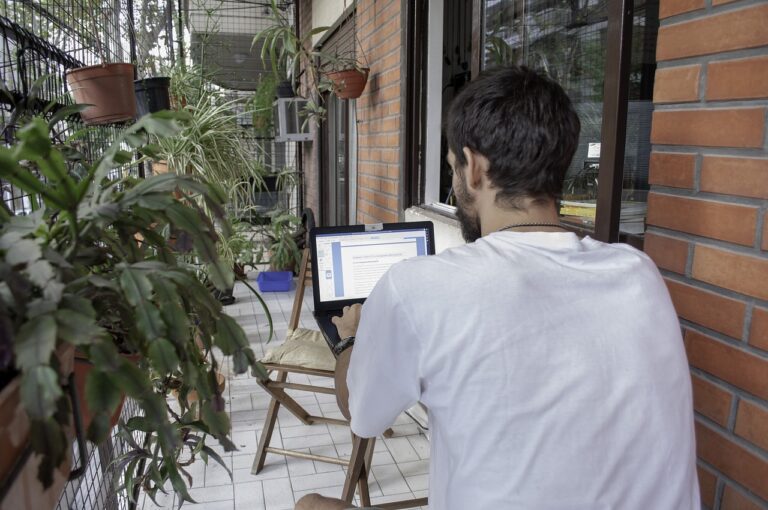The Economics of Sustainable Agriculture Practices: 11xplay.online login, Laser book 247.com, Tigerexch247
11xplay.online login, laser book 247.com, tigerexch247: The Economics of Sustainable Agriculture Practices
Sustainable agriculture has been gaining momentum in recent years as consumers become more conscious of the environmental impact of their food choices. But beyond the feel-good factor of choosing organic produce, what are the economic implications of sustainable agriculture practices? In this article, we will explore the economics behind sustainable agriculture and how it can benefit both farmers and consumers.
The Benefits of Sustainable Agriculture
One of the key benefits of sustainable agriculture is that it can lead to cost savings for farmers. By using natural methods to control pests and fertilize crops, farmers can reduce their reliance on expensive chemicals and fertilizers. This not only saves money in the short term but also helps to protect the long-term health of the soil.
In addition to cost savings, sustainable agriculture can also lead to higher yields and better-quality produce. By building healthy soil through practices such as crop rotation and cover cropping, farmers can improve the productivity of their land over time. This can lead to increased profits for farmers, as well as better-tasting and more nutritious food for consumers.
The Economic Impact of Sustainable Agriculture
While the benefits of sustainable agriculture are clear, there are also some challenges to implementing these practices on a larger scale. One of the main barriers is the upfront cost of transitioning to sustainable methods. For example, investing in new equipment or transitioning to organic certification can be expensive and may require financial support from government programs or other sources.
Another challenge is the potential for lower yields in the short term as farmers transition to new practices. It can take time for soil health to improve and for farmers to fully realize the benefits of sustainable agriculture. During this transition period, farmers may experience lower profits and may need to find other sources of income to supplement their farm earnings.
Despite these challenges, the long-term economic benefits of sustainable agriculture are undeniable. By investing in soil health and biodiversity, farmers can create a more resilient and productive farm system that can withstand challenges such as drought, pests, and disease. This can lead to increased profits for farmers and a more stable and secure food supply for consumers.
The Role of Consumers in Supporting Sustainable Agriculture
Consumers also play a crucial role in supporting sustainable agriculture practices. By choosing to buy organic and sustainably produced food, consumers can create demand for these products and help to drive the transition to more sustainable farming methods. In addition to buying sustainably produced food, consumers can also support farmers directly through initiatives such as community-supported agriculture (CSA) programs or farmers’ markets.
FAQs
1. What is sustainable agriculture?
Sustainable agriculture is a farming system that focuses on producing food in a way that is environmentally friendly, socially responsible, and economically viable. This includes practices such as crop rotation, cover cropping, and organic farming methods.
2. How can sustainable agriculture benefit farmers?
Sustainable agriculture can benefit farmers by reducing costs, increasing yields, and improving the long-term health of the soil. This can lead to increased profits and a more resilient farm system.
3. What role do consumers play in supporting sustainable agriculture?
Consumers can support sustainable agriculture by choosing to buy organic and sustainably produced food, participating in CSA programs, and shopping at farmers’ markets.
In conclusion, the economics of sustainable agriculture practices are complex, but the benefits of transitioning to more sustainable farming methods are clear. By investing in soil health, biodiversity, and natural methods of pest control, farmers can create a more resilient and productive farm system that can benefit both farmers and consumers in the long run. To truly create a sustainable food system, it will require collaboration between farmers, consumers, and policymakers to create an economic environment that supports sustainable agriculture practices.







